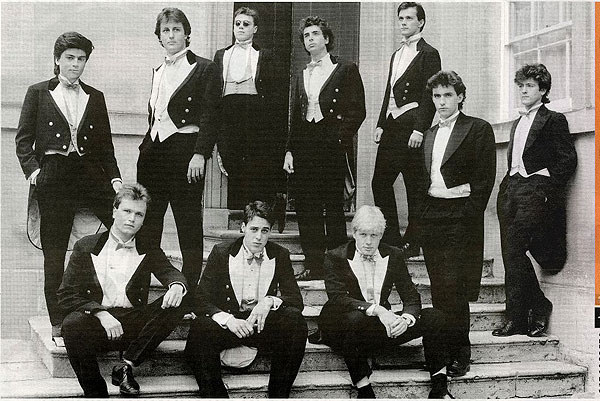Andrew Fisher, LEAP co-ordinator, analyses the eurozone crisis
The eurozone crisis is complex, and the cause of the crisis varies from country to country. One could glibly (albeit accurately) argue that the crisis is capitalism, but that would not give an understanding of the different processes that have led us to where we are now.
There are however several common themes for many of the key crisis countries: the failure to collect tax revenues, deregulation of the finance sector, the bursting of the construction bubble, and the dismantling of social infrastructure as a solution (more palatably referred to as ‘austerity’). The latter of course is imposed to solve the crisis, but in fact exacerbates it.
In Ireland tax revenues were deliberately slashed by government policy to cut corporation tax, in Greece and Spain tax collection infrastructure is woeful. In Spain and Ireland a construction boom eventually outstripped demand – as it did in the US – with housing prices now up to 50% on average below their peak in many cities.
However, an overarching problem that played a part in causing the crisis and has hindered any solution is the structure of the eurozone: in which fiscal policy has been made in the interests of the larger economies to the detriment of those in the periphery, and by an unaccountable (or ‘independent’ as Gordon Brown would describe it) central bank.
The same dynamic is playing out now. Greece will inevitably have to default, and should have been allowed to immediately, to save its people from wave after wave of austerity measures.
The opposition to Greek default came from the creditor nations, who fear having to bail out their banks which loaned massive sums to Greece. The French-Belgian bank Dexia has already required assistance due to the ‘haircuts’ to its Greek debts.
The fear stalking the meeting of European Finance Ministers in mid-October was a domino effect across European banks. If Greece or Ireland or Spain or Portugal, or even Italy start defaulting on their debts, then banks could fail throughout the eurozone. Those banks in turn have debts with other banks, and we could be back to 2008/09 when much of the global banking system needed assistance.
There are two things that are clear. The first is that austerity is making the situation worse. By raising unemployment, suppressing wages and slashing benefits the risk of default on personal loans and mortgages increases – further destabilising banks. Likewise suppressed consumer demand is making life difficult for retail businesses, which in turn affects manufacturing –and because of the increased risk of personal and business debt defaults, banks are far more cautious about extending credit.
The Greek trade unions – taking strike action in mid-October – were absolutely right to describe their nation’s plight as a “death spiral”. There simply is no way out.
The second clear conclusion on EU policy is that a second round of mass bailouts will be necessary. This can either be in a controlled and co-ordinated way of managed debt default that writes off bad debts through public ownership or it will be an each country for itself panic in which nations like France and Germany go for a UK style bailout while the peripheral nations – unable to borrow on the international markets – watch their financial institutions fold. This will in turn create a tide that even the larger economies of Germany and France are unable to stem.
The reality encroaching on eurozone finance ministers is that their European Financial Stability Fund has nowhere near enough funds to actually cope with the scale of the bad debts. The markets know this, hence the downgrades of eurozone nations and banks.
The promises to make good on these debts cannot be paid, so defaults will be necessary. By acting swiftly this crisis could have been contained. Instead the situation has been aggravated by austerity and mounting interest rates, especially for nations and financial institutions deemed riskier.
The economic crisis of the 1930s was only resolved through rearmament, militarisation and horrific war. This crisis requires that we take into public ownership and control the finance and credit system. Without that we face each nation scrapping for its own skin and mass social upheaval as depression bites.
The irony of this is that the eurozone was allegedly designed to prevent such beggar-thy-neighbour behaviour. In fact the inherent instability of the eurozone, with a single interest rate and restricted deficit spending combined with neoliberal deregulatory policies, has actually caused precisely that.
In the words of a truly great European leader: it’s socialism or barbarism.
- This article first appeared in the November 2011 issue of Labour Briefing and was written before the European summit concluded in the early hours of 27 October




